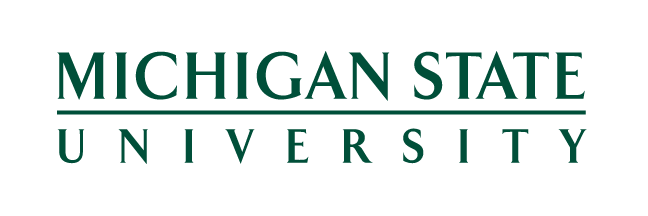Tara Kilbride
EPIC, Michigan State University
Wei-Chu Chen
EPIC, Michigan State University
Erin Conley
EPIC, Michigan State University
A Research Report From Epic
Michigan’s 2023-24 Benchmark Assessments
Prepared for the House and Senate appropriations committees, the House and Senate appropriations subcommittees on school aid, and the House and Senate fiscal agencies
November 2024
This is the sixth report in a series prepared and delivered to the governor and the Senate and House standing committees responsible for education law in the Michigan legislature. It is designed to help interpret and contextualize assessment results and students’ progress toward learning goals in the wake of the COVID-19 pandemic.
Our analyses demonstrate that, more than four years since COVID-19’s unprecedented disruptions to learning and schooling began, student achievement trends in Michigan show signs of progress but not full “recovery.” On average, math achievement has improved significantly, while reading achievement has remained largely unchanged. However, in many grade levels, the distribution of reading achievement has narrowed, suggesting improvements in gaps between Michigan’s highest- and lowest-performing readers. Disparities among students from different demographic subgroups, which widened in 2020-21, have also been improving. However, gaps between school districts that offered different modes of instruction in 2020-21 persist, even after three full school years of predominantly in-person instruction.



